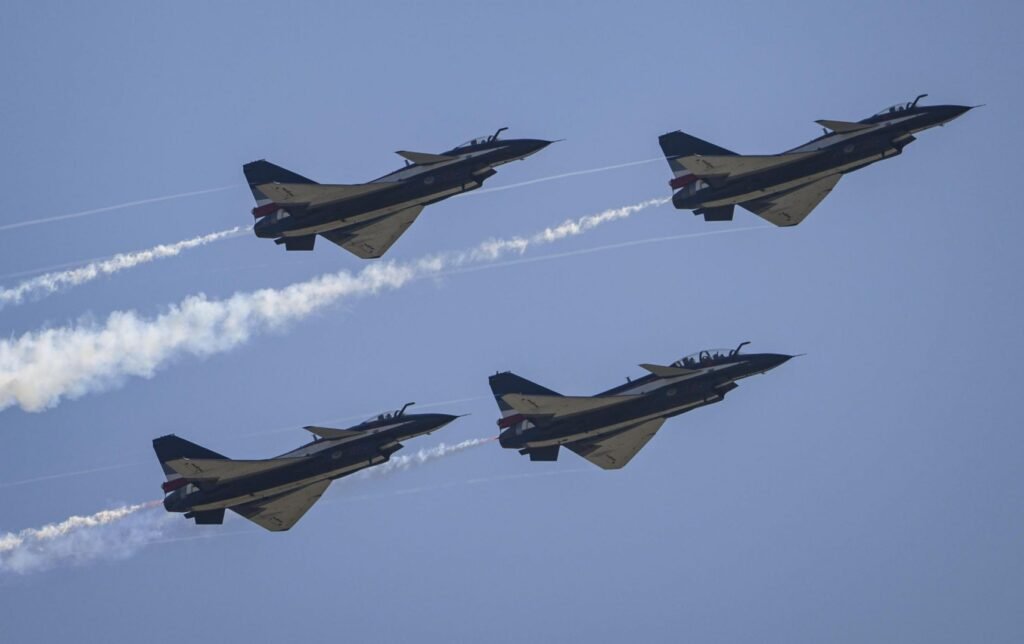HONG KONG, CHINA — China has introduced new regulations aimed at restricting the dissemination of information about its military online, raising concerns about transparency and access to crucial data for observers.
Effective from March 1st, these rules come amid China’s rapid military modernization and a broader push to enhance national security under Xi Jinping’s leadership.
The regulations prohibit the online publication of military secrets, defense technology, and undisclosed information related to weapons development, military drills, personnel appointments, and troop movements. They also target individual users and online platforms specializing in military affairs.
These measures have significant implications for military bloggers and commentators who often share valuable insights and observations.
Open-source information, including images and videos shared online, has been a vital resource for tracking the development and movements of the People’s Liberation Army (PLA).
While the specific impact on foreign media reporting remains uncertain, analysts anticipate a stricter control over military-related content on the Chinese internet.
This move aligns with broader efforts to strengthen national security and control information flow within China.
“Military and defense-related content enjoys significant popularity among Chinese internet users, but the leadership is clearly keen to ensure that sensitive information — a concept broadly applied in China — and speculation do not undermine the official narrative around the country’s military development and capabilities,” wrote David Bandurski, executive director of the China Media Project.
According to James Char, a PLA expert at the S. Rajaratnam School of International Studies in Singapore, the new regulations reflect existing restrictions on information related to the PLA. Chinese authorities have long exercised strict oversight over military-related content.
Some of the information prohibited by the new rules, such as content that harms national sovereignty and security or denigrates the military, was already outlawed under previous legislation.
Furthermore, content such as criticism of China’s defense policy and military strategy, or the dissemination of false information about the military, is routinely censored on Chinese social media platforms.
“I regard the announcement of these regulations as nothing more than the institutionalization of existing rules,” Char said.
But he noted that the new rules banning the sharing of information on military deployments and troop movements do serve to outlaw such practices by internet users without PLA approval, such as military bloggers or the man on the street in China.
“This may have an effect on these individuals’ readiness to post such material online the next time they come across troop movements or a military exercise in their localities,” Char said.
“This will also work in Beijing’s interest in preventing its troop deployments within the mainland from being exposed in advance of another major military exercise or troop build-up in China’s coastal regions off the Taiwan Strait.”

